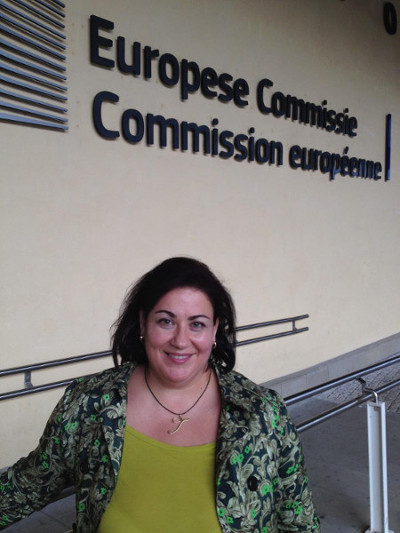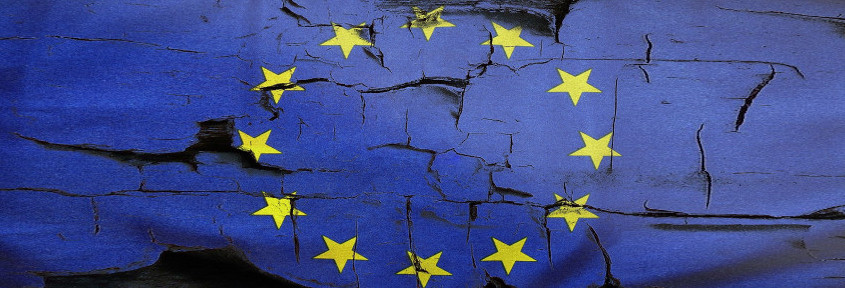“There is an urgent need to raise the democratic guard and put representative democracy back at the centre of European economic policies”

Ina Piperaki
Ina Piperaki, corresponding academician for Greece of the Royal European Academy of Doctors-Barcelona 1914 (RAED), presented in the European Parliament, within the colloquium “Repenser l’Europe”, the work “Une nouvelle vision pour l’Europe: engagement citoyen et volonté humaniste”, where she proposes a series of urgent measures to make the European Union (EU) a framework of coexistence and democracy in which all its citizens are identified and involved. “We must make Europe an object of desire for Europeans”, she says.
These priorities pointed out by Piperaki go, fundamentally, to reinforce the political role of the Union, with a Parliament directly elected by the citizens and for real economic and fiscal integration. All this is guaranteed by the democratic mechanisms that emanate from the original European character of the EU. “There is an urgent need to raise the democratic guard and to put representative democracy at the centre of European economic policies, it’s time to get out of the opacity in which this European power evolves by introducing an institution democratically into its heart. Only one Parliamentary Assembly has the necessary legitimacy to remind the government of the euro area of its responsibilities”, the academician reflects.
Piperaki believes that only this transnational vision can guarantee the future of a strong and deeply democratic European Union. “Democracy is a very fragile regime and it depends on the will, the freedom, the sense of humanism and the maturity of the people or peoples. Since 2010 our position has been the creation of transnational European parties, the election of a European Parliament by direct transnational universal suffrage, which discusses projects presented by transnational lists”, she argues.
This representative European Executive could effectively fight against populism and confront with certainty issues of special relevance such as immigration, climate change and fight against inequalities of all kinds, Piperaki believes. “We need a European Government and a European Minister of Economy and Finance that encourage and support structural reforms in our member states and act decisively on the policies of employment, growth, fiscal convergence, social cohesion and solidarity, so necessary to face multiple and diverse crises”, ends the academician.




